Introduction
Recent scientific discoveries have revealed a fascinating connection between gut microorganisms and behavioral patterns, known as the "gut-brain axis." This relationship influences mood, anxiety levels, and behavioral patterns across various species (Ribeiro et al., 2022). While researchers are still uncovering the exact mechanisms, several factors appear to play crucial roles, including:
- Neurotransmitter production by gut bacteria
- Changes in neurosteroid synthesis
- Vagal nerve signaling
- Immune system responses (Rogers et al., 2016)
- Production of short-chain fatty acids (SCFAs), particularly acetate, propionate, and butyrate (O'Riordan et al., 2022)
The Role of Short-Chain Fatty Acids
SCFAs, produced when gut bacteria break down dietary fiber, have emerged as key players in neuromodulation. Butyrate, in particular, shows promise in:
- Reducing inflammation
- Repairing damaged gut lining
- Improving mood-related behaviors in laboratory studies (Cristiano et al., 2022)
Scientists suggest that butyrate might work by inhibiting histone deacetylase (Peng et al., 2021). Research indicates that other SCFAs may have similar effects, helping to reduce social stress and enhance mood (van de Wouw et al., 2018).
Species-Specific Findings
Laboratory Animals
Studies have shown that specific bacteria can influence behavior patterns:
- Mice with Blautia stercoris showed reduced anxiety and repetitive behaviors (Sen et al., 2022)
- Young pigs fed fiber-rich diets demonstrated:
- Lower stress levels
- Better growth rates
- Increased resistance to digestive issues
- Higher levels of beneficial bacteria like Prevotella and Ruminococcus (Choudhury et al., 2021)
Human Studies
Research has revealed connections between gut bacteria and human behavior:
- Expectant mothers with higher levels of butyrate-producing bacteria (Lachnospiraceae and Ruminococcaceae) were more likely to have children with typical behavioral development
- Higher levels of Prevotella in 12-month-old infants correlated with better behavioral outcomes at age 2 (Dawson et al., 2021)
- Even motor skills development shows connections to gut bacteria composition (Acuna et al., 2021)
Equine Applications
Horses present unique challenges due to their sensitive digestive systems:
- Limited starch-digesting enzymes can lead to incomplete digestion
- Undigested starch reaching the hindgut can cause:
- Harmful bacterial fermentation
- Increased gut permeability
- Production of toxic substances
- Hindgut acidosis
Behavioral impacts in horses include:
- Increased stress responses with high-starch diets
- Correlations between specific bacteria and stereotypical behaviors
- Links between pasture access, beneficial bacteria, and reduced stress levels
Research Findings on Dietary Supplementation
Studies using enzyme-rich malt extract supplements have shown promising results across species:
- Increased beneficial bacteria (Ruminococcus and Blautia)
- Higher SCFA production
- Improved behavioral outcomes
These findings suggest that dietary interventions targeting gut health could offer new approaches for managing behavioral issues in various species, including performance horses and athletes.

References
- Acuna I et al 2021 Nutrients 13 (5) May 14
- Aleman M et al 2022 Vet Medicine and Science 8(3):1049-1055 05
- Barrio C et al 2022 Psychoneuroendocrinology 137:105640 03
- Cristiano C et al 2022 Biomed. and Pharmacother. 153:113528 Sept
- Dawson SL et al 2021 EBiomedicine 68:103400 Jun
- Destrez A et al 2015 Physiology and Behaviour 149 159-164
- Mach N et al 2020 Scientific Reports 10(1):8311 05 20
- Mach N et al 2021 Scientific Reports 11(1): 5007 03 03
- O’Riordan KJ et al 2022 Molecular and Cellular Endocrinology 546: 111572 04 15
- Peng L et al 2021 Neurochemical Research 46(9):2333-2347 Sept.
- Proudman CJ et al 2014 Equine Vet J 10.1111 12324
- Ribeiro G et al 2022 Current Opinion in Clinical Nutrition and Metabolic Care 25(6) 443-450 11 01
- Rogers GB et al 2016 Molecular Psychiatry 21 738-748
- Sarrafchi A and Blokhuis HJ 2013 J Vet Behaviour 8 386-394
- Sen P 2022 Brain Behaviour and Immunity 106: 115-126 11
- Tuniyazi M et al 2021 BMC Vet Res 17(1): 11 Jan 06
- van de Wouw M et al 2018 J Physiol. 596(20):4923-4944
- Van Staaveren N et al 2020 Scientific reports 10(1):12978 07 31
- Verbeek E et al 2021 Scientific Reports 11(1):20547 10 15


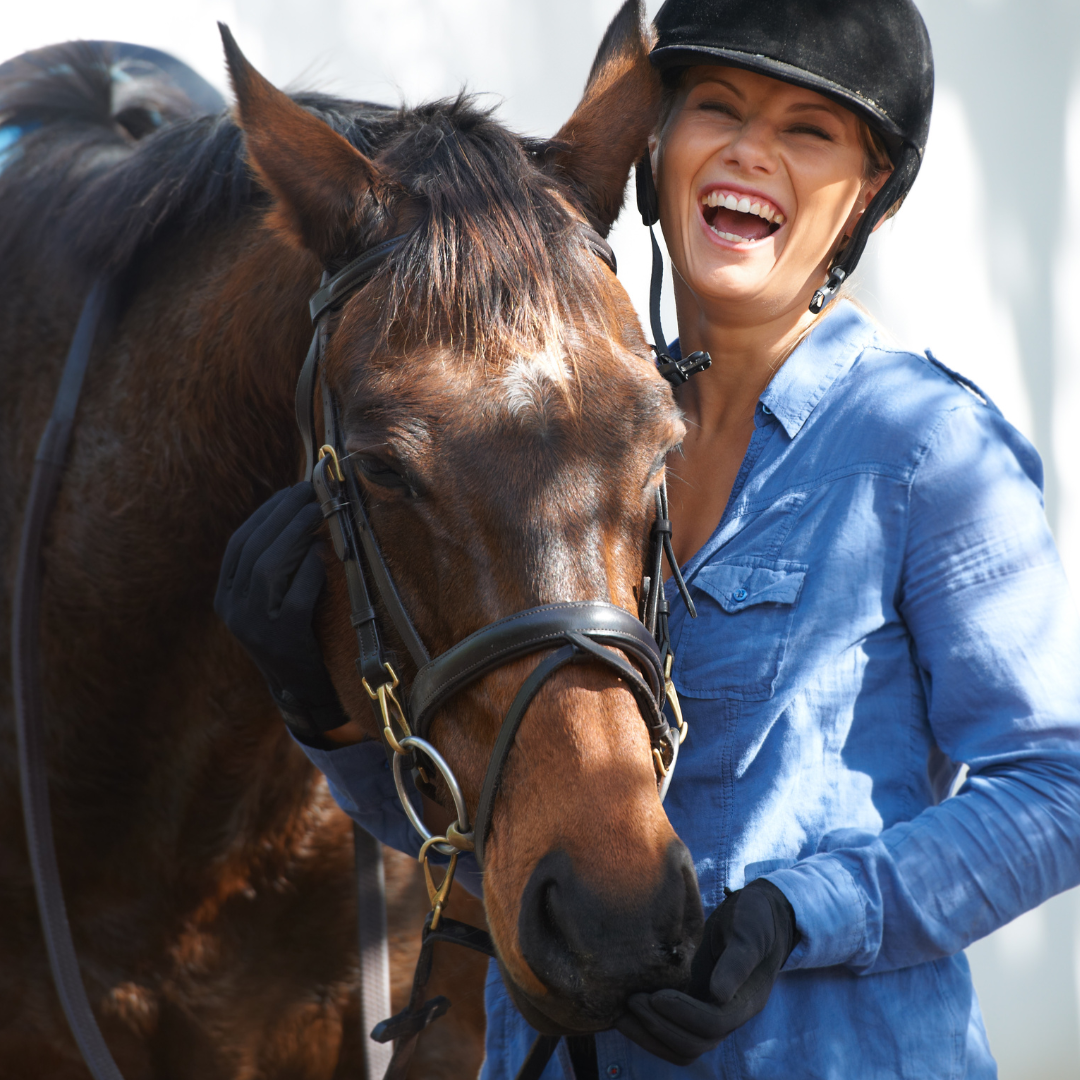
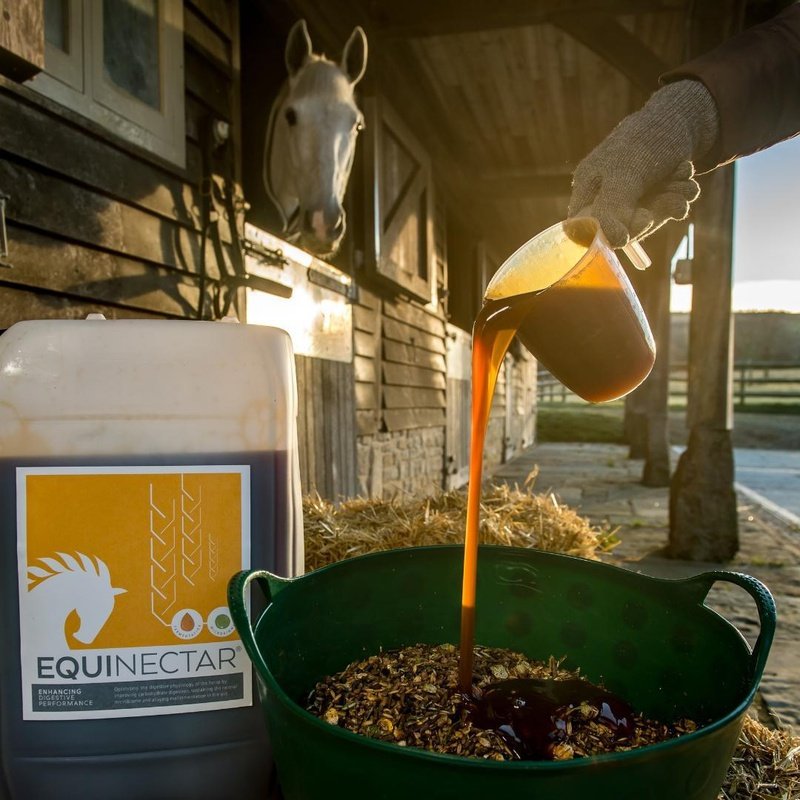
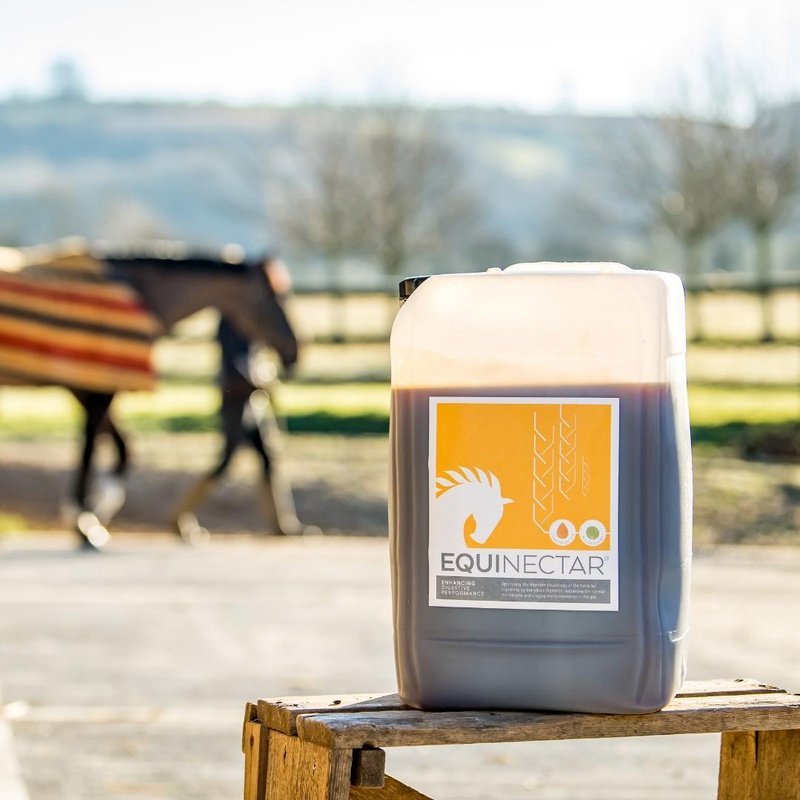
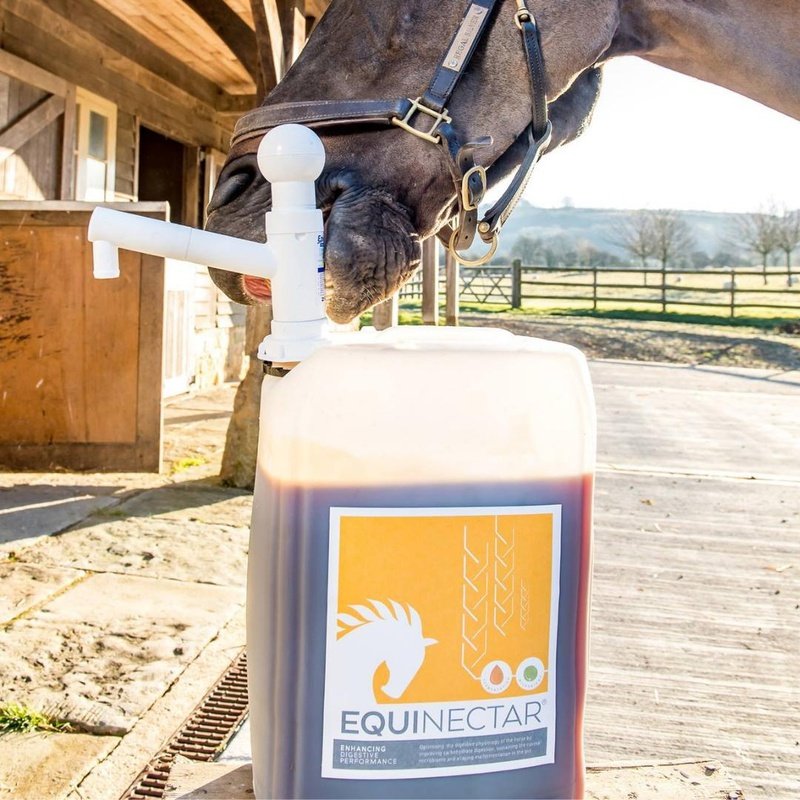



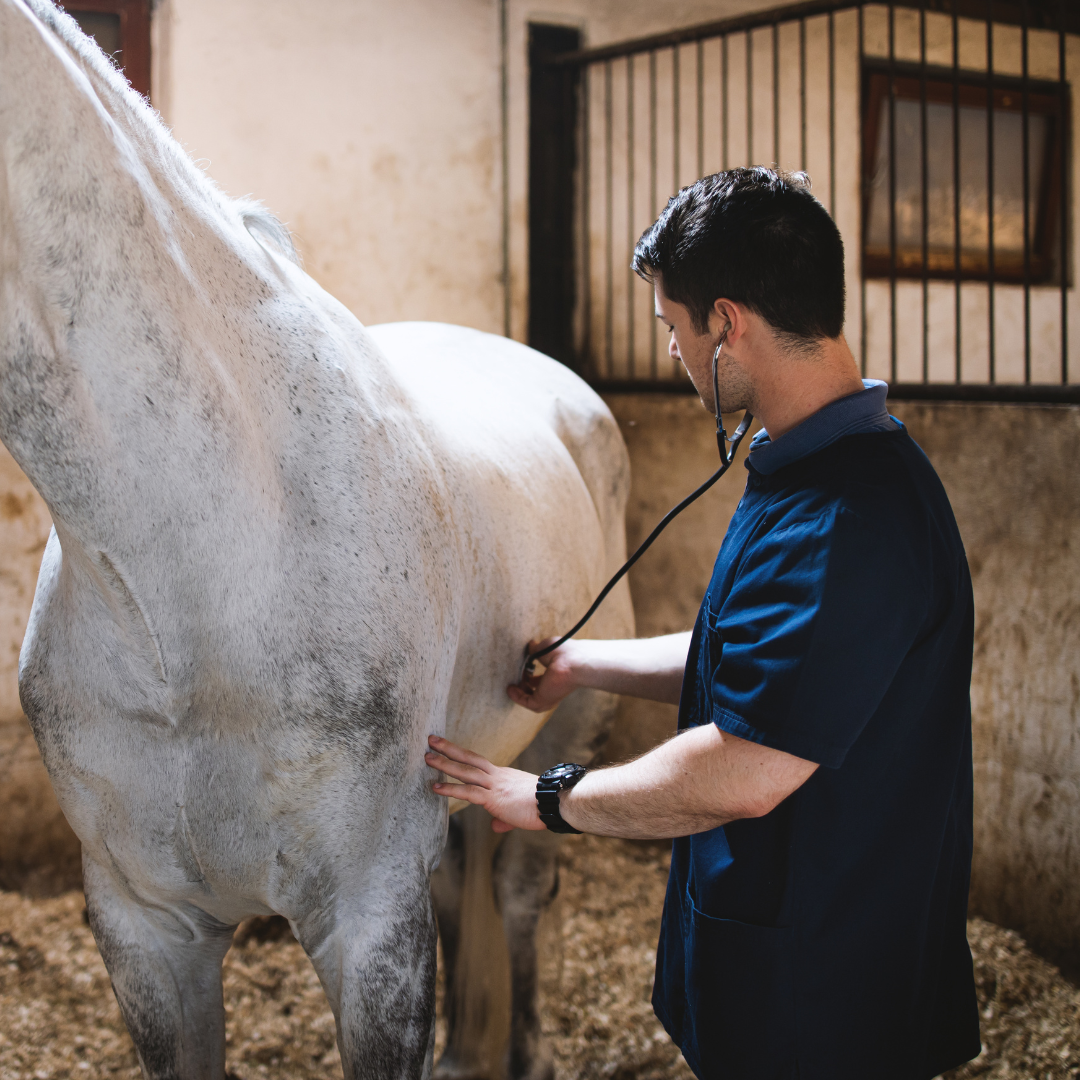
Share: